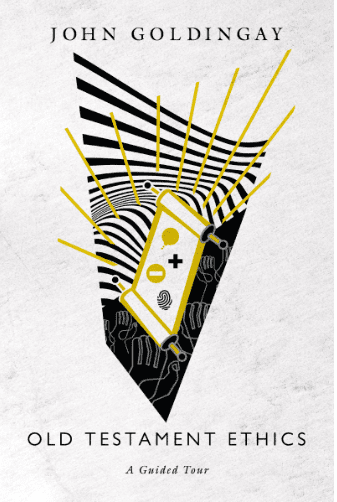Ethics is sometimes apportioned a chapter at the end of a theology and it is often, too, postured as something that is the “application” or “implication” of the real stuff, the theology. There’s something to the priority of theology but there’s also something to thinking of theology as the ideas needed to explain the kind of behavior we need.
 Enter John Goldingay’s newest book, Old Testament Ethics: A Guided Tour. A book for students, for church groups, for pastors — well written, clear, broken into digestible bits.
Enter John Goldingay’s newest book, Old Testament Ethics: A Guided Tour. A book for students, for church groups, for pastors — well written, clear, broken into digestible bits.
This book is broken into five major sections:
In the Old Testament, what are the qualities of a community and a person who live an ethical life? We will consider qualities such as faithfulness, compassion, pride, anger, and contentment.
What does the Old Testament say about key aspects or areas of life? We will consider topics such as work, the environment, animals, wealth, violence, the Sabbath, and the administration of justice.
How does the Old Testament look at relationships? We will consider friends, neighbors, parents, husbands and wives, nations, and other relationships.
We will look at some key chapters that focus on ethical matters or are particularly significant for thinking about ethics: Genesis 1 and 2, Leviticus 19 and 25, Deuteronomy 15 and 20, Ruth, Psalm 72, and the Song of Songs.
I mentioned above about lived theology and thus we see in Goldingay what is almost always ignored: the lives of prominent people in the Bible. These are “exemplary” or embodiments of what it means to be the people of God. Drop the idealism and find a real person. Education by emulation, theology by embodiment.
We will look at the lives of some people that open up ethical questions: Abraham, Sarah and Hagar, Joseph. Shiphrah and Puah, Samson, David, Nehemiah, and Vashti, Esther, and Mordecai.
And in a postscript we will look at the question, “What about the Canaanites?”












